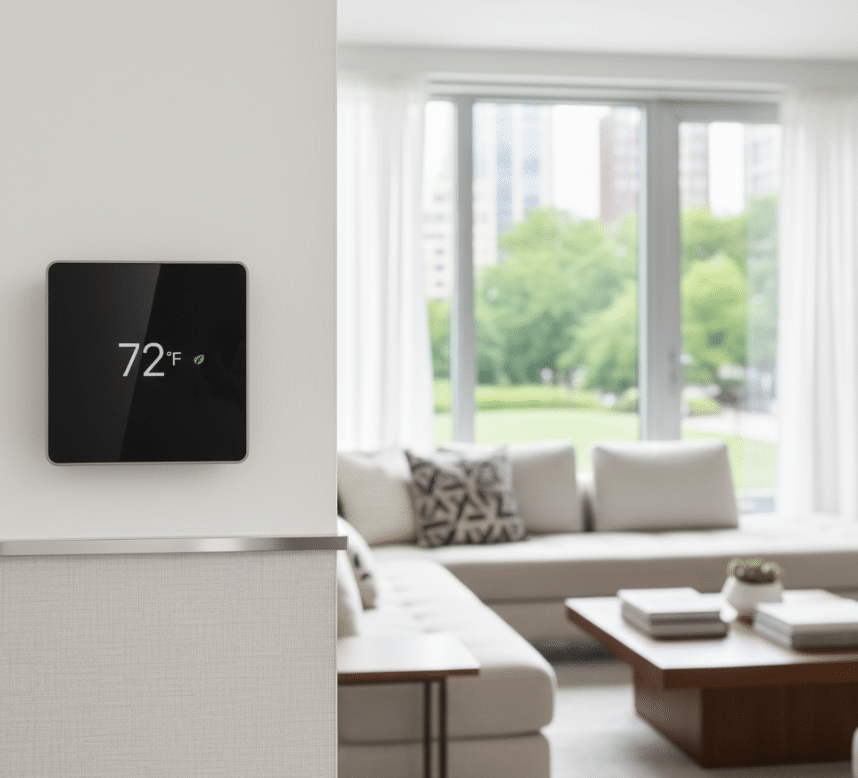
A no-pet policy. A tenant who requests an emotional support animal (ESA). Another tenant with severe pet allergies. What’s the landlord to do?
A 2020 ruling by the Iowa Supreme Court demonstrates just how dicey this situation can be — even when a landlord tries their best to accommodate everyone.
The case involved tenants in an apartment building with a no-pet policy, but it may also apply to HOA homeowners.
The lawsuit was filed by a tenant with severe, medically documented allergies to dander. Another tenant moved in after her and, a month into his lease term, sought a waiver of the no-pets policy as an accommodation for his mental illness.
In response, the manager for the building contacted other residents to determine if any had allergies and, when the woman said she did, reached out to the Iowa Civil Rights Commission for guidance. A commission staffer told him it would be unreasonable to move the new tenant to another building that allowed pets and advised him to try to accommodate both tenants.
So he allowed the dog and directed the two tenants to use different stairways. He also gave the allergic tenant an air purifier. All for naught — she continued to suffer allergy attacks and eventually sued the landlord for breach of her lease’s no-pet policy and breach of her right to the quiet enjoyment of her unit.
Iowa’s Supreme Court sided with pet allergies over emotional support animal, but was quick to point out the ruling would not apply to trained service animals.



